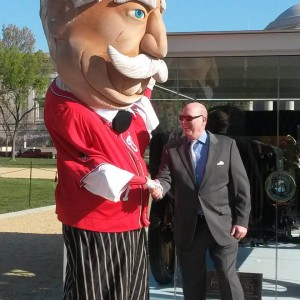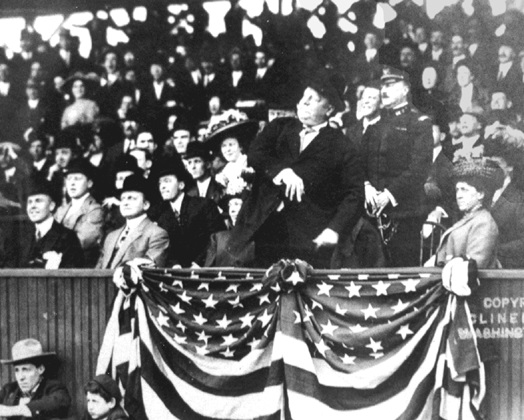 Oh, no, Shakespeare? English teacher Mike Cahir explains why learning Shakespeare matters and how parents can encourage their child to engage in the enormous benefits of learning from the Bard.
Oh, no, Shakespeare? English teacher Mike Cahir explains why learning Shakespeare matters and how parents can encourage their child to engage in the enormous benefits of learning from the Bard.
Featuring Mike Cahir, high school English teacher and Department Chair.
This podcast began when I asked Mike for his advice to one of our A+ Club students on why he should care about “Othello.” As usual, Mike goes well beyond the obvious and delivers a powerful lesson for students, parents, and teachers on the power and benefits of learning Shakespeare.
Mike reviews the skill sets required for comprehending Shakespeare and how to develop them, including his use in the classroom of “active reading,” “front loading,” and “visualization.” Mike builds student engagement by teaching them how to break down difficult text into component parts, how to make sense of the text through imagery and other clues that Shakespeare uses extensively and how he uses Yoda to teach kids old English.
Mike’s advice is great for students and teachers, but we especially offer it here for parents to empower them to engage their own child with these difficult but magnificent and rewarding texts – and to get a better grade in English class!
Student Success Podcast No. 26, published Jun 6, 2016 (recorded on Feb 2. 2016).


 Parents and teachers think that if only students would connect their short term decisions to long term goals, such as college and jobs, they would quit procrastinating and do their homework.
Parents and teachers think that if only students would connect their short term decisions to long term goals, such as college and jobs, they would quit procrastinating and do their homework.




 Seemed like a good idea at the time…
Seemed like a good idea at the time…
 A student’s mom is upset about her grades and that she’s not doing her homework. But the student thinks her mom is being too pushy. Like high school teens & parents everywhere, they’re both a little right — and also a little wrong.
A student’s mom is upset about her grades and that she’s not doing her homework. But the student thinks her mom is being too pushy. Like high school teens & parents everywhere, they’re both a little right — and also a little wrong.











 When a parent of a middle or high school teen worries that “my student doesn’t test” well, what’s missing is a combination of
When a parent of a middle or high school teen worries that “my student doesn’t test” well, what’s missing is a combination of 
 Parents concerned about their teen’s middle and high school exam and test prep might consider that studying isn’t just a matter of reviewing notes and study guides. Successful testing requires ongoing learning.
Parents concerned about their teen’s middle and high school exam and test prep might consider that studying isn’t just a matter of reviewing notes and study guides. Successful testing requires ongoing learning.
 For successful testing, students need to know what will be on the test. Sounds obvious, but parents don’t want to hear from their teens that there were “surprises” on a test or that they studied for the wrong thing.
For successful testing, students need to know what will be on the test. Sounds obvious, but parents don’t want to hear from their teens that there were “surprises” on a test or that they studied for the wrong thing.